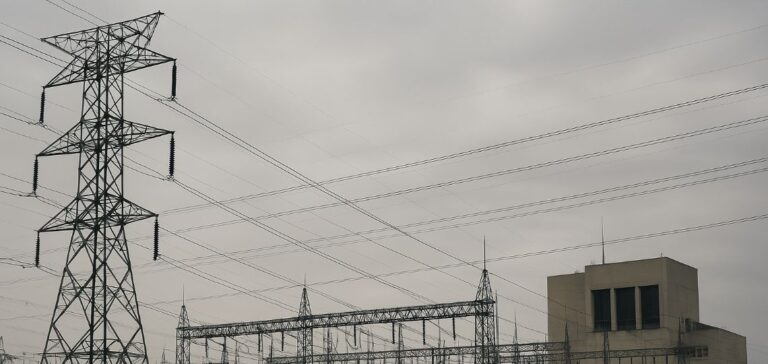Representatives from the union, community and civic sectors gathered in Saint-Jean-sur-Richelieu to protest against Bill 69, proposed by the Coalition Avenir Québec (CAQ) government. The legislative initiative, titled An Act to ensure responsible governance of energy resources, challenges Hydro-Québec’s monopoly over the production, transmission and distribution of electricity, potentially opening the sector to increased private involvement.
Union response to market liberalisation
According to Patrick Gloutney, President of the Canadian Union of Public Employees – Quebec (SCFP-Québec), the end of Hydro-Québec’s exclusive rights could lead to higher production costs, with direct consequences for electricity bills. He stated the measure endangers a vital public service. Currently, one in seven Quebec households already struggles to pay electricity bills, according to data reported by local associations.
Émilie Laurin-Dansereau, budget advisor at the North Montreal Cooperative Association for Family Economics (ACEF), criticised the economic rationale behind the bill. She argues it places the financial burden of energy transition primarily on residential tariffs, which she considers inequitable. Protesters further denounced an industrial focus that prioritises corporate needs over household affordability.
Unequal access to decision-making
Sophie Thiébaut, Coordinator of Attac Québec, highlighted the influence of private lobbying groups in the bill’s development. She referenced publicly available data from the “Carrefour Lobby” register to point out disparities in access to policymakers. In parallel, participants noted that the promise of a public consultation on energy planning, made by Premier François Legault during the 2022 election campaign, has not been fulfilled.
Louise Morand, representative of the Regroupement vigilance hydrocarbures Québec (RVÉQ), stressed the need for a broader democratic debate on Quebec’s energy future. Opponents of the bill are calling on the government to reconsider its approach by establishing an open and transparent consultative framework, capable of integrating the social, economic and health-related dimensions of the reform.






















